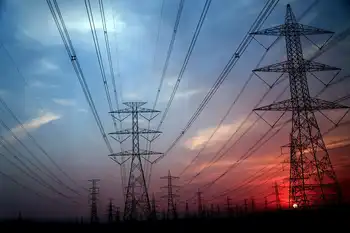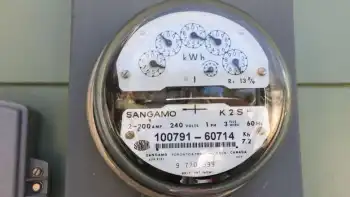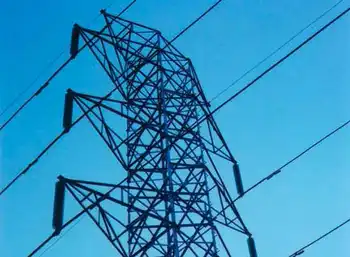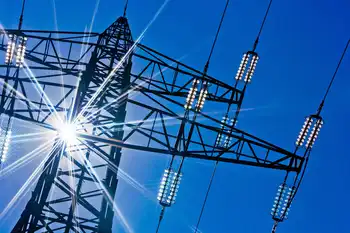Energy-efficient traffic lights canÂ’t melt snow
"I've never had to put up with this in the past," said Duane Kassens, a driver from West Bend who got into a fender-bender recently because he couldn't see the lights. "The police officer told me the new lights weren't melting the snow. How is that safe?"
Many communities have switched to LED bulbs in their traffic lights because they use 90 percent less energy than the old incandescent variety, last far longer and save money. Their great advantage is also their drawback: They do not waste energy by producing heat.
Authorities in several states are testing possible solutions, including installing weather shields, adding heating elements like those used in airport runway lights, or coating the lights with water-repellent substances.
Short of some kind of technological fix, "as far as I'm aware, all that can be done is to have crews clean off the snow by hand," said Green Bay, Wisconsin, police Lt. Jim Runge. "It's a bit labor-intensive."
In St. Paul, Minnesota, for example, city crews use air compressors to blow snow and ice off blocked lights.
Some communities began installing cool-burning LEDs more than a decade ago, and it wasn't long before drivers started complaining about the problem.
Illinois authorities said that during a storm in April, 34-year-old Lisa Richter could see she had a green light and began making a left turn. A driver coming from the opposite direction did not realize the stoplight was obscured by snow and plowed into Richter's vehicle, killing her.
"Would the accident have occurred if the lights had been clear? I would be willing to bet not," Oswego police Detective Rob Sherwood said.
Authorities said dozens of similar collisions have been reported in other cold-weather states, including Iowa and Minnesota.
Not every storm causes snow to stick to the lights, but when the wind is right and the snow is wet, drivers should beware, said Gary Fox, a traffic engineer for the city of Des Moines, Iowa.
Exactly how much a technological fix will cost is unclear, but it will surely cut into the savings and the energy efficiency many cities are enjoying.
Wisconsin, which has put LED bulbs at hundreds of intersections, saves about $750,000 per year in energy costs, said Dave Vieth of the state Transportation Department. LEDs installed seven years ago are still burning, while most incandescent bulbs have to be replaced every 12 to 18 months, he said.
"With LEDs we have energy savings in excess of 80 percent, and we don't have to have crews replacing them as often," Vieth said. "So it's clear the overall savings are pretty significant."
In Minnesota, where authorities have upgraded hundreds of traffic lights to LEDs, the Transportation Department occasionally gets reports of an obstructed light. But by the time a highway crew arrives, the wind has often knocked out the snow and ice, said traffic systems specialist Jerry Kotzenmacher. Minnesota is experimenting with weather shields.
One reason there have been so few deaths is that drivers know they should treat a traffic signal with obstructed lights as a stop sign, traffic experts say.
"It's the same as if the power is out," said Dave Hansen, a traffic engineer with the Green Bay Department of Public Works. "If there's any question, you err on the side of caution."
Related News

UK homes can become virtual power plants to avoid outages
LONDON - This month we published our analysis of the British electricity system this winter. Our message is clear: in the base case our analysis indicates that supply margins are expected to be adequate, however this winter will undoubtedly be challenging. Therefore, all of us in the electricity system operator (ESO) are working round the clock to manage the system, ensure the flow of energy and do our bit to keep costs down for consumers.
One of the tools we have developed is the demand flexibility service. From November, this new capability will reward homes and businesses for shifting their electricity…




